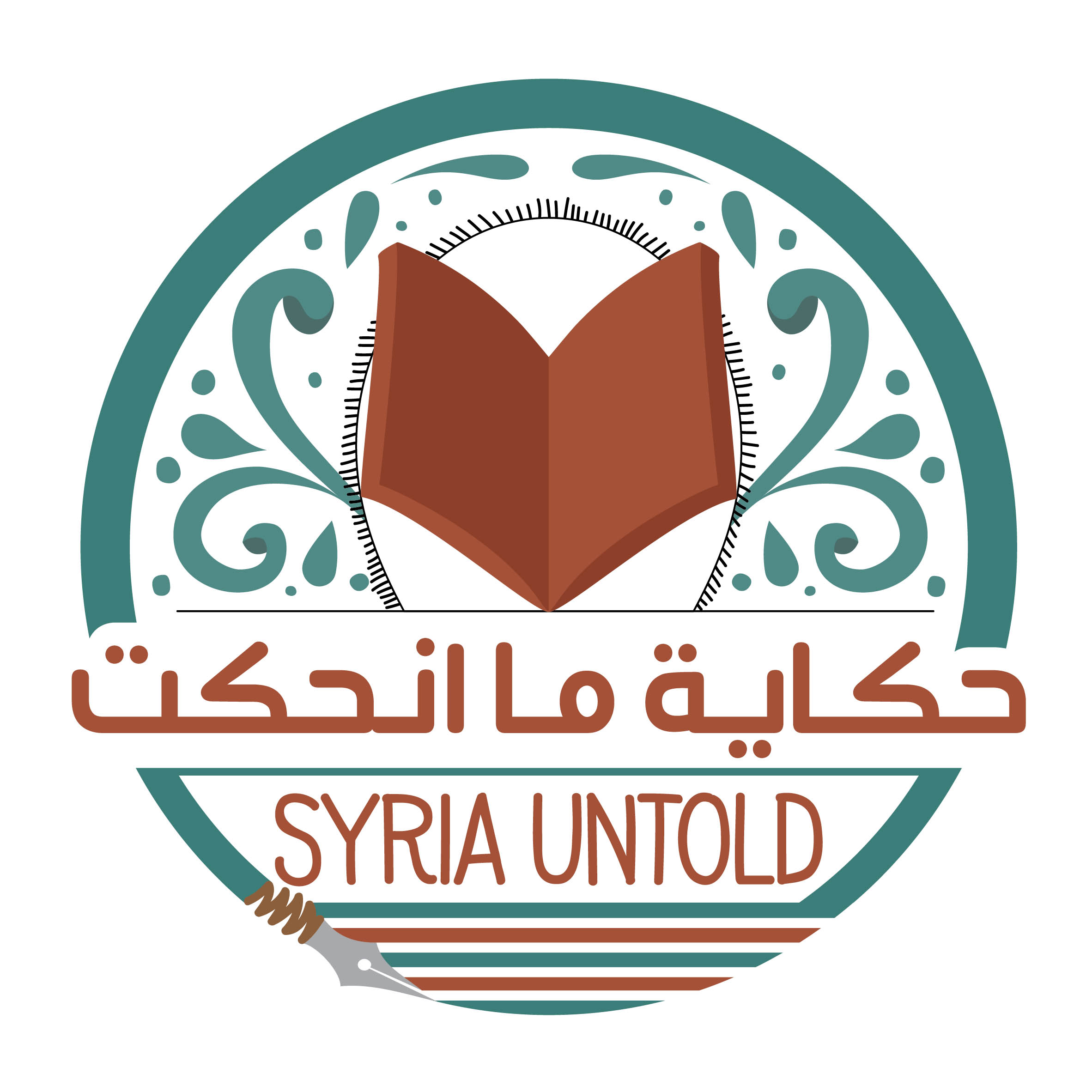Turkey's Insistence on Syria Safe Zone Raises Fears for Refugees (The National)
Written by: Tom Rollins
“In parallel with Turkey’s push for the safe zone, Mr Erdogan has repeatedly proposed the “return” of large numbers of Syrian refugees into areas of northern Syria. Last week, Turkey unveiled plans for facilities such as housing, hospitals and schools to cater for the million or so Syrians that officials are proposing to return.”
In a Syrian Town Under Siege, a Secret Library Kept Dreams Alive (The New York Times)
Written by: Dunya Mikhail
“In the same spirit of piling books under Daraya’s shattered streets, local artists painted graffiti art on the walls of ruined buildings. In a moving image drawn by Abu Malik, a local artist nicknamed Banksy, a little girl stands on a pile of skulls writing the word “hope” high above her head.”
‘Forgotten’ War: Syria Conflict a Footnote at UN Meeting (The Washington Post)
Written by: Zeina Karam
“Most of Syria has returned to government control after eight years of war. The exceptions are the opposition-held bastion of Idlib in the northwest, where rebels, Islamic militants and their families from all over the country have been cornered, and the oil-rich northeast, held by U.S.-backed Kurdish groups. The violence has largely tapered off in most of the country, but few among the nearly 6 million refugees scattered across the globe have returned. Many fear detention if they come home — or they simply have no homes to return to.”
Is a New Constitution a Priority While Barrel Bombs are Still Dropped on Syria? (Middle East Monitor)
Written by: Zaki Kaf Al-Ghazal
“The Syrian people are concerned that this process will waste more time whilst blood is still being spilled. It is as if the UN is going through the motions and trying to do this for the sake of doing something to show that the global institution has not been a total failure in Syria. This deception by the UN is lost on no one and points to the systemic failures of the international community to help the Syrian people and hold the regime to account for its actions.”
Makhlouf, Inc. (Al-Jumhuriya)
Written by: Kelly Grotke
“Ours is a bleak situation for anyone with any democratic aspirations at present, because the structure of the corporation and of for-profit business is hierarchical and, organizationally speaking, authoritarian. In Syria, one can see extreme versions of increasingly global phenomena: the privatization and corruption of the state as guarantor of the public good, the abuse of citizens in the name of private power or authority that is unanswerable to the public, and the fact of a very wealthy global class that is seemingly either above the laws by which the rest of us must live or which has itself made those laws for its own benefit.”
The United States Is Done Caring About Syria (Foreign Policy)
Written by: Steven A. Cook
“In addition, the violence that Bashar al-Assad and his supporters have unleashed on Syria has had far-reaching effects, including the political destabilization of Europe. There have long been neo-Nazis in European politics—though for some reason they are routinely referred to as “far right”—but the wave of Syrian refugees in 2015 gave them a political boost in countries including Sweden and Hungary. In Germany, the Alternative for Germany (AfD), a far-right party, has scored significant political victories in the eastern part of the country. In Italy, Matteo Salvini, who has flirted with outright fascism, served as interior minister until recently. He is out of government, but there is every reason to believe that he and his supporters will be back. Salvini, the AfD, Nigel Farage in the United Kingdom, and France’s National Rally have all capitalized on the presence of Syrians in Europe seeking safety from a horrific war.”
'We Deserve Support': Reinvented North-East Syria Strives for Stability (The Guardian)
Written by: Dan Sabbagh
“An estimated 12,000 fighters from the north-east region died in the territorial struggle against Isis, which ended in March, and a further 20,000 were wounded. What was initially a Kurdish force of ground troops with air and logistical support from a US-led coalition has expanded into an administration controlling 30% of Syria, east of the Euphrates river.”




